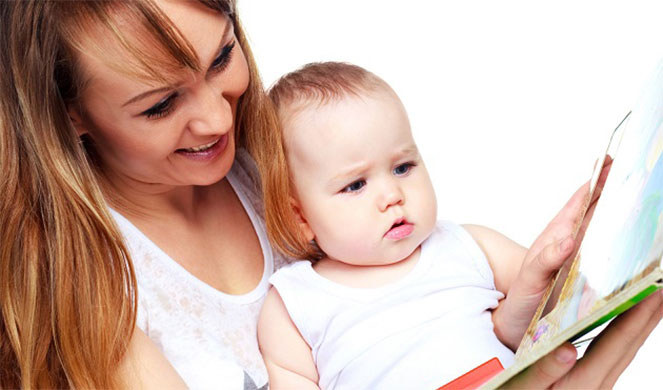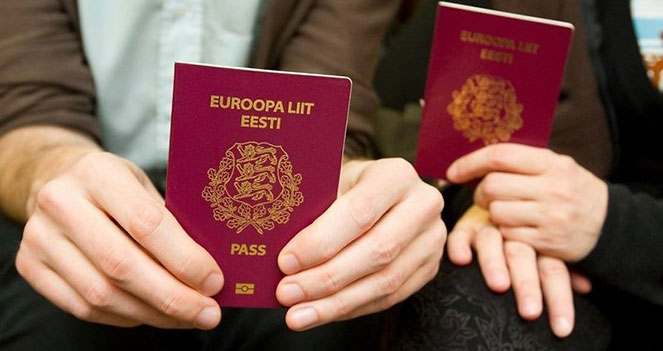Where in the world you can get citizenship by birth
In international law, it is a generally accepted norm that every child who has just been born into the world has the right to become a citizen of a particular country. Therefore, in order to combat statelessness, many states grant the right to be called citizens to babies who were born on their territory.
From a legal standpoint, the acquisition of citizenship by birth is possible on the basis of two principles:
- according to the so-called soil law - assigned regardless of the status of the parents;
- by right of blood - can be obtained on the basis of the citizenship of the parents, without reference to the place of birth. Moreover, if the parents are representatives of different powers, they decide the issue of citizenship of their child by mutual agreement.
In practice, most countries use a combination of both principles. In its purest form, the right of blood is used in Scandinavia. Here, on a soil basis, citizenship can be obtained only if nothing is known about the child's parents.
A distinctive feature of such a basis as citizenship by birthright is the fact that its acquisition does not in any way express the will of the candidate himself. In addition, it is not accompanied by any procedures that would confirm his readiness to become a citizen. In other words, we can say that it is possible to obtain the status of a citizen automatically.
On the territory of the Russian state, both principles coexist quite harmoniously. Russian citizenship of a child by birth takes place in such cases:
- both parents (or one of them, if nothing is known about the place of residence of the second), must be Russians. In this case, the country where the baby was born does not matter;
- one of the adults has Russian citizenship, and there is no information about the second. Again, without reference to the country of birth;
- parents have different citizenship (one of them is Russian), while the child must be born in the Russian Federation. If born in the territory of another country, he will be considered a stateless person;
- if the parents are foreigners, but Russia became the birthplace of the baby, and the country of his family is not guided by the right of blood, then the newborn can become a Russian by birthright.
Obtaining citizenship at birth is possible even when there is no information about any of the parents of the baby, and within 6 months they will not be announced.
It is inevitable that a change in the nationality of the parents leads to the same action in relation to the child. To independently decide which country to belong to, children get the right only after 18 years. 
How are things in other countries?
In addition to the two principles already mentioned, some countries practice citizenship by birthplace, which is inherited. Such cases are quite rare, but they do occur. In particular, we can talk about such a tradition in the Baltic countries. For example, if the ancestor of a newborn before 1940 was a Latvian citizen, then the baby can acquire the status of a citizen of this country, even if his relative died before his birth.
Situations are very frequent today when young mothers travel outside their state to the country whose citizenship they would like to receive for their baby. Not everyone is aware, however, that the combination of the two principles has a rather limited application: countries that grant citizenship by birth, especially those with status, are usually guided by one of them.
For example, only a child who, before his 18th birthday, lived in the country for at least 5 years and was born, respectively, also in this territory, can become French. The German authorities also recognized the rule of law of the soil, but on condition that the candidate spends here from 8 years.
But Italy, Spain, Ireland, Great Britain grant citizenship when both the baby himself and one of his parents were born in this state. In addition, the authorities of the British Isles require that at the time of the birth of a child, the family resides in the territory of the kingdom.
Which countries give citizenship at the birth of a child yet? It is generally known that America, but only when the applicant reaches the age of majority, and if the foreign parents do not come from a state hostile to the States.
More stringent requirements can be called in Denmark. Here, in order to obtain a local passport, a candidate born in the territory of the state will have to live in the country continuously for 19 years.
And a person who was born in Spain, but lives in another country, can apply for citizenship after reaching the age of 19: that is, the right of soil is recognized here, but it must be supplemented with a conscious choice of the applicant.
In general, the list of countries that give citizenship by birth automatically includes:
- Belize;
- Barbados;
- Argentina;
- Antigua and Barbuda;
- Venezuela;
- Bolivia;
- Grenada;
- Brazil;
- Guatemala;
- Dominica;
- Guyana;
- Dominican Republic;
- Honduras;
- Malaysia;
- Lesotho;
- Colombia;
- Canada;
- Nicaragua;
- Mexico;

- Panama;
- Peru;
- Pakistan;
- Paraguay;
- Romania;
- Saint Christopher and Nevis;
- Saint Lucia;
- Salvador;
- Saint Vincent and the Grenadines;
- Chile;
- Fiji;
- Uruguay;
- Jamaica;
- Ecuador;
- Trinidad and Tobago.
Thus, almost the entire American continent, some countries of Latin America, Africa, and Oceania can be included here. But in Europe, none of the representatives of this part of the world automatically grants Jus Soli (the right of the soil). This is due to the cultivated desire to preserve their ethnic roots, and therefore, in most cases, the so-called blood law is found here.
The birth of a child in the USA and a green card for parents: Video
Attention! Due to recent changes in legislation, the legal information in this article may be out of date!
Our lawyer can advise you free of charge - write a question in the form below:




